Uncharted Philippines can take you on an adventure through Palawan’s Best Kept Secrets, including a visit with the indigenous Batak people; a fascinating and vanishing tribe that is speculated to have arrived in the Philippines 50,000 years ago! Travel deep into the mountains with our experienced guides to visit an ancient and important cultural group of the Philippines.
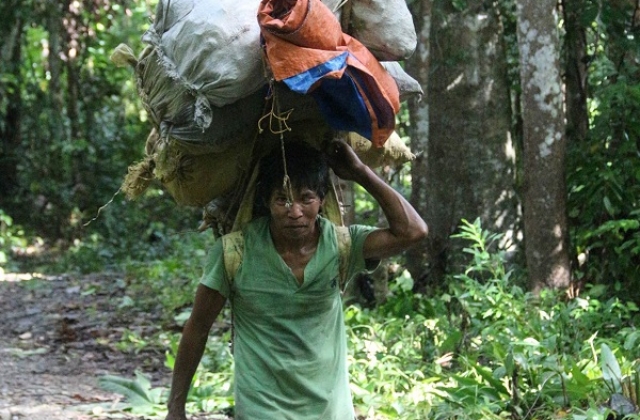 photo by Will Cabanillas
photo by Will Cabanillas
People of the Mountains
Batak is the name given to the tribe by the Cuyunons and it means “people of the mountains.” While the Batak are people of the mountains today, they were originally settled along the beautiful coastline and river valleys northeast of Puerto Princesa, the capital of Palawan. However, as migrant people began to settle in those areas, the peaceful and non-confrontational Batak people moved to higher elevations, abandoning their lands. This was the first major economic blow to affect the tribe, as the fertile river valleys and coasts have diverse and abundant food sources, and the Batak are a people who, even today, live off of the land as hunter-gatherers.
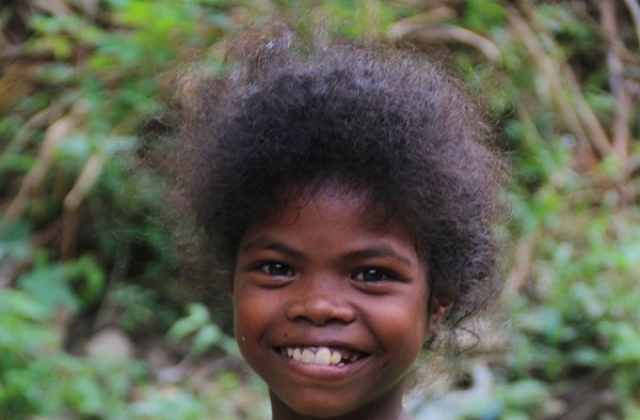 photo by Will Cabanillas
photo by Will Cabanillas
Religion and Family Units
The Batak practice a form of tribal religion under the umbrella of animism, which is the belief that plants, animals, and other inanimate objects (such as stones, rivers, and even weather) are fully alive and in possession of a spirit. This belief is part of the reason the Batak are so peace-loving and avoid conflict as much as possible. In the past, the tribe practiced polygamy, with the strongest man in the tribe having the most wives and children, proving himself to be a great provider. However, with the introduction of Christianity and the concept of monogamy, most of the Batak have adopted a monogamous family unit.
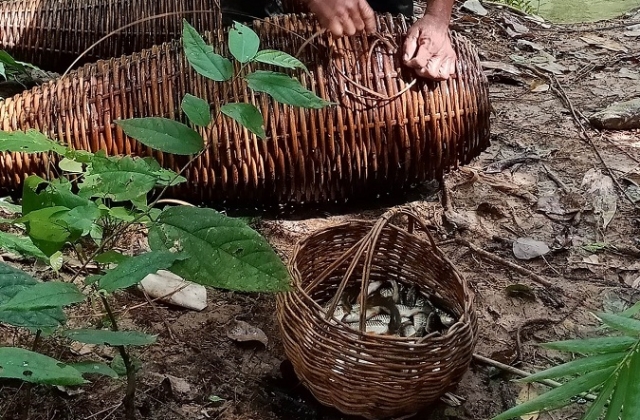 photo by Will Cabanillas
photo by Will Cabanillas
A Vanishing Tribe
The impact of the practice of monogamy, along with limited resources, has led the Batak people to begin intermarrying with outside communities for survival. In fact, today it is rare to find Batak people with a pure bloodline. There is only an estimated 450 Batak people left in Palawan, composed of approximately 50 family groups. That makes them the smallest of the indigenous groups in the region (other tribes are the Kagayanen, Tagbanwa, Palawano, Taaw't Bato, and Molbog). A vanishing tribe, the Batak have suffered through many long years of food scarcity, outsider population growth, and lack of work.
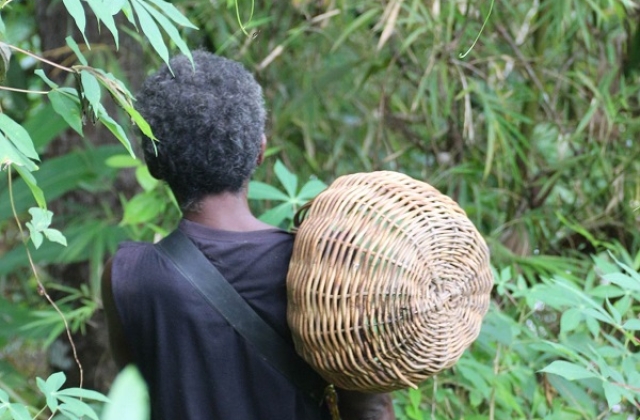 photo by Will Cabanillas
photo by Will Cabanillas
Impact Tourism and Activism
Tourism does help the Batak people in bringing awareness to their situation and also creating a market to sell their crafts and other goods, which is a primary source of income, along with the harvesting of a resin called “copal,” which is often sold to companies that use it as a type of varnish. The women are excellent weavers, and their baskets are helping to lift the tribe out of poverty. Certain activist groups are acting as a bridge between the Batak people and the outside world, selling their hand-crafted items and creating opportunities for education and advancement in our modern world.
You can experience the village and culture of the Batak people, and be part of the positive steps ensuring their survival on a tour with Uncharted Philippines. The Batak are a unique and important part of the history of Palawan and the experience of observing them is like stepping into the past, with guides who know local customs and the most respectful way to approach the tribe. Discover the magic of the Batak people and the Philippines for yourself.

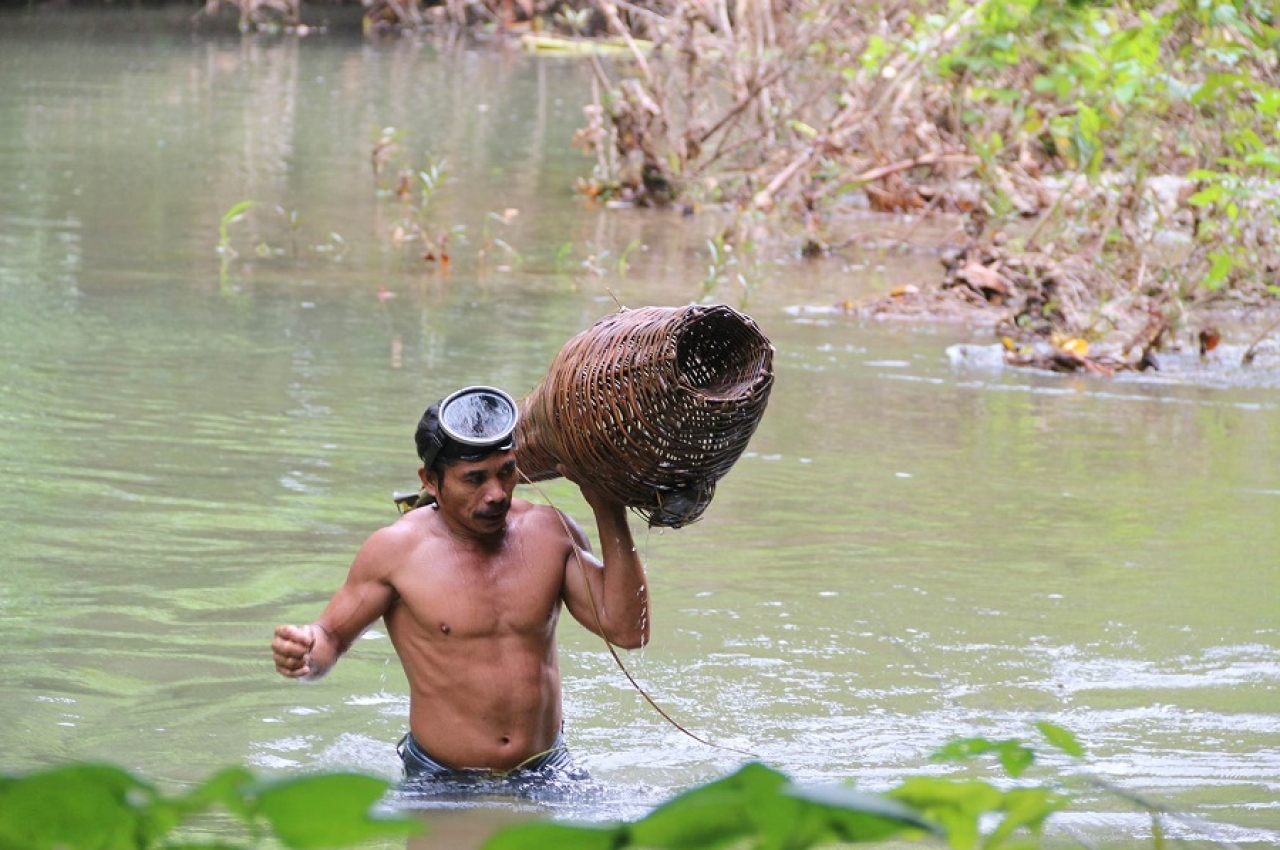 photo by Will Cabanillas
photo by Will Cabanillas